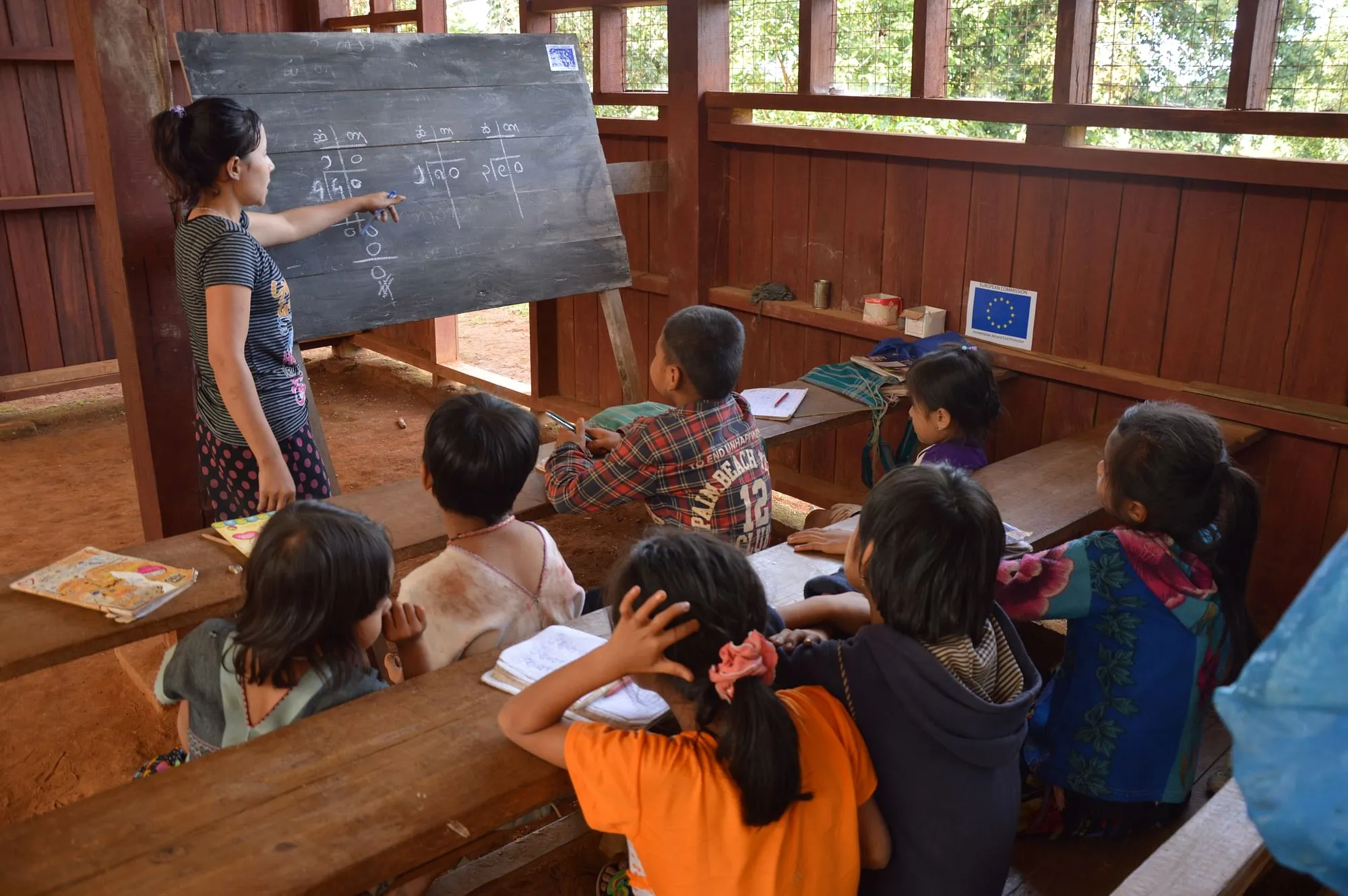Education is a fundamental pillar of society, shaping the minds of future generations and equipping them with the knowledge and skills necessary to thrive in an ever-evolving world. As we navigate the challenges and opportunities of the 21st century, it is crucial to examine how education has transformed and what it means for students today.
In the past, education primarily focused on imparting knowledge through rote memorization and standardized testing. However, the 21st century demands a shift towards a more holistic and student-centered approach. Education is no longer solely about acquiring information; it is about cultivating critical thinking, creativity, collaboration, and adaptability – skills that are vital in a rapidly changing global landscape.
One of the key drivers of this educational revolution is technology. With the advent of the internet, students now have access to a wealth of information at their fingertips. This has transformed the role of teachers from mere disseminators of knowledge to facilitators of learning. Instead of being the sole authority in the classroom, teachers now guide students in navigating and evaluating information, fostering independent thinking and digital literacy.
Furthermore, technology has enabled the emergence of innovative learning methods such as online courses, virtual reality simulations, and gamified education. These tools provide personalized and interactive learning experiences, catering to the diverse needs and learning styles of students. They also promote self-directed learning, allowing students to take ownership of their education and pursue their interests beyond the confines of traditional classroom settings.
In addition to technological advancements, the 21st century demands a shift in the curriculum itself. As the world becomes increasingly interconnected, it is crucial for students to develop global competence and cultural understanding. Education must emphasize the importance of empathy, tolerance, and appreciation of diversity to foster a more inclusive and harmonious society.
Moreover, the rapid pace of technological advancement has led to the emergence of new industries and job markets. To prepare students for the future workforce, education must focus on developing transferable skills such as critical thinking, problem-solving, creativity, and adaptability. Students need to be equipped with the ability to learn, unlearn, and relearn throughout their lives, as they navigate careers that may not even exist yet.
Collaboration and teamwork are also crucial skills for success in the 21st century. Students must learn to work effectively in diverse teams, harnessing the collective intelligence and perspectives of their peers. This not only prepares them for the collaborative nature of the modern workplace but also fosters social skills and emotional intelligence, essential for building strong relationships and thriving in a global society.
As we reflect on education in the 21st century, it is evident that it must evolve to meet the needs of an ever-changing world. Education should not be confined to the four walls of a classroom but should extend into the real world, encouraging students to engage with their communities and become active global citizens.
By embracing technology, fostering critical thinking, promoting global competence, and nurturing essential skills, we can ensure that education equips students with the tools they need to navigate the challenges and embrace the opportunities of the 21st century.
Author is an educator by profession
DISCLAIMER: The views and opinions expressed in this article are the personal opinions of the author.
The facts, analysis, assumptions and perspective appearing in the article do not reflect the views of GK.






